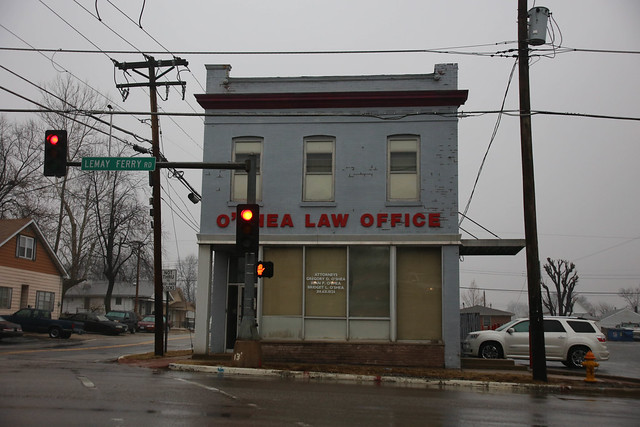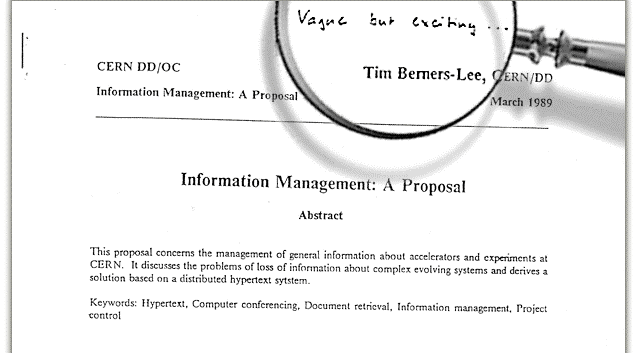


Suppose that, tomorrow, you needed to create a business that provides legal services – but law firms had never been invented, and you didn’t have that reference point to use as a template. Being a sensible and forward-thinking person, you might come up with an entity that featured many of the following characteristics: A privately […]
Read More
In its Report to the Civil Justice Council in February 2015, Online Dispute Resolution for Low Value Civil Claims, the ODR Advisory Group, chaired by Prof Richard Susskind recommended the establishment by HMCTS of an online court for low value civil claims, called HM Online Court (HMOC). This would overcome the fact that current practice […]
Read More
Content marketing is crucial for any business, regardless of the industry you operate in. However, marketers can often fail to appreciate its value, especially if they’ve created content that’s failed in the past (and trust me, there are many content marketing mistakes you can make). Perhaps what marketers don’t realise, however, is that when great […]
Read More
The debate around workplace monitoring of employees has rumbled on for many years now; employers argue that they are entitled to analyse how their staff spend their working day whilst employees claim it impacts upon their privacy. In 2017 the European Court of Human Rights held, in the case of Bărbulescu v Romania, that the […]
Read More
The Government published its Online Harms White Paper on 8 April 2019. The consultation, which is open until 1 July 2019, sets out proposals to reduce illegal and harmful online activity. The harms in scope include: harassment and cyberbullying; hate crime and incitement of violence; terrorism, extremist and violent content; revenge/extreme porn, child sexual exploitation […]
Read More
Copyright law is being challenged by disruptive technologies such as AI and blockchain, themes addressed in the recently published 5th edition of the author’s book Digital Copyright, on which this article is based. Artificial intelligence and virtual reality The rise of artificial intelligence (AI) and virtual reality (VR) are starting to pose significant challenges to […]
Read More
For many mediators, “online dispute resolution” is simply using online technology such as Skype or Zoom as the medium for real time discussion or exchanging emails for asynchronous discussion. Whilst these are helpful in bridging the geographical gap, the more exciting developments are around the development of artificial intelligence to actively assist the parties to […]
Read More
The decision to change the Azrights business model and just retain a meeting room wasn’t one I took lightly. With distant memories of Yahoo’s Marissa Mayer putting an end to remote working at the company back in 2013 I was unsure what the latest thinking on remote working was when I took the plunge in 2017 to […]
Read More
On Urban Dictionary “algorithm” is defined as “a word used by programmers when they don’t want to explain what they did.” As the pace of practical AI adoption increases, there is increasing truth in the joke. Someone who wants to understand this new technology, how it works and how it might be controlled or improved […]
Read More
Regulatory progress A new Code of Practice for Automated Vehicle Trialling reaffirms the Government’s desire for new transport technology to be invented, designed and used in the UK. This follows from the introduction of the Automated and Electric Vehicles Act 2018 which extended mandatory motor insurance to cover the use of automated vehicles so that […]
Read More
A recent major IT failure on the Ministry of Justice network, which reportedly led to the disruption of thousands of cases, highlighted how reliant courts already are upon technology. Commenting in the wake of the fallout, Richard Atkins QC, the chair of the Bar Council, noted that “it illustrates how vulnerable the delivery of justice […]
Read More
12 March 2019 marked the 30th anniversary of Tim Berners-Lee’s proposal envisioning a unifying structure for linking information across different computers using hypertext, which by 1991 had been developed and became known as the World Wide Web. The day was marked by three celebratory events around the world, all attended by Tim: at CERN in […]
Read Moreinfolaw Limited 5 Coval Passage London SW14 7RE Registered in England number 2602204 VAT number GB 602861753